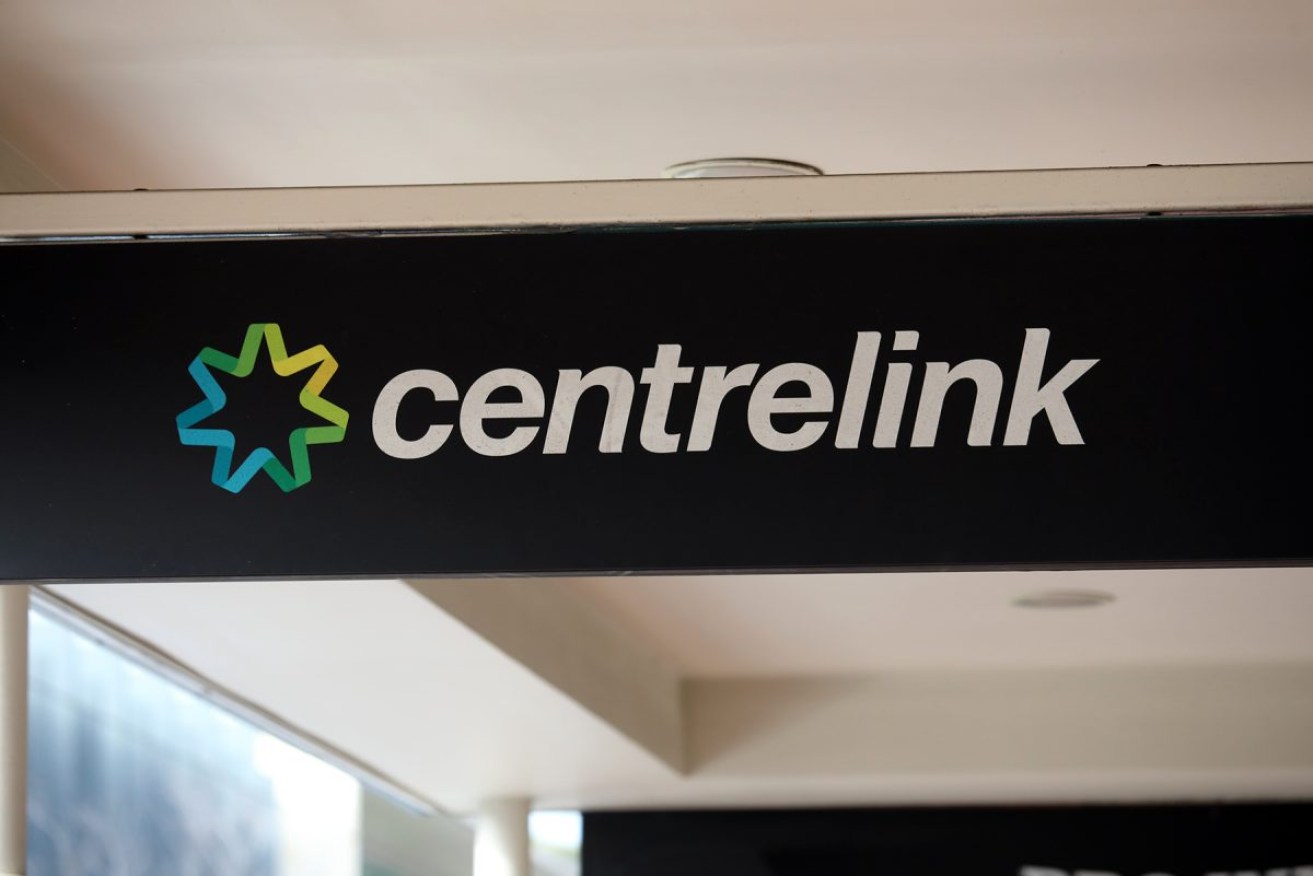Govt toughens mutual obligation rules for Centrelink JobSeeker
More than 1.35 million JobSeeker recipients will soon need to start looking for more work or face cuts to their payments, with the Morrison government ratcheting up mutual obligation requirements wound down during the pandemic.

Photo: Tony Lewis/InDaily
For the past six weeks, dole recipients have been encouraged to look for one job each week but only penalised for rejecting offers of suitable work.
People will have to look for two jobs a week from September 28 and be punished for not engaging with employment providers.
The changes will not apply to Victoria.
“But around the rest of the country, we are moving it slowly, steadily back to where it was,” cabinet minister Simon Birmingham told Nine on Friday.
“Not jumping right back there but just increasing that expectation for people to be out there, looking for work because we are seeing jobs being created.”
The impending job-hunting requirements are still significantly less onerous than prior to the pandemic.
Australia’s unemployment rate has unexpectedly dropped to 6.8 per cent after more than 110,000 people found work in August.
But the effective rate of unemployment is said to be well above 10 per cent.
There are 13 people unemployed for every job available with the problem much worse in regional communities.
“Common sense needs to apply here in terms of how this works,” Labor deputy leader Richard Marles said.
“There is a long way to go before we are out of this.”
Charities and community groups are facing a perfect storm of higher demand for services and reduced funding due to the pandemic.
Three quarters of those working with migrant and multicultural communities, Indigenous people and in legal and social advocacy have reported increased demand for services.
At the same time, 31 per cent of organisations froze recruitment and 21 per cent reduced staff hours, mainly due to a loss of income.
One in five service providers said jobs would go when JobKeeper wage subsidies taper off, according to the UNSW study for the Australian Council of Social Service.
ACOSS chief Cassandra Goldie said the government needed to provide additional financial support for the community sector with its services needed more than ever.
The sector also wants a government commitment to renew the Equal Remuneration Order supplementation, set up in 2012 to ensure fair pay within community sector organisations.
The supplement, worth $554 million in 2020/21, ends in June 2021.
-AAP




